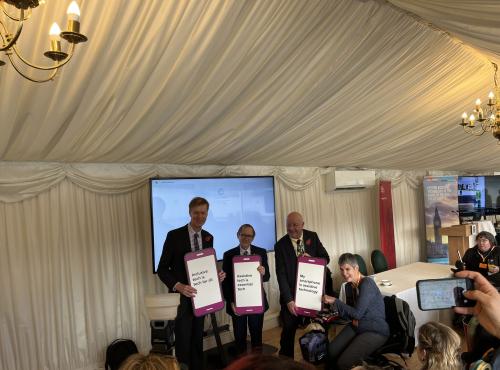Addressing emissions from UK consumption: Principles, practicalities and policy
The calculation, reporting and apportioning of responsibility for global emissions has potentially huge implications for the types of interventions and policies that are pursued.
The international norm, used by the United Nations Framework Convention on Climate Change (UNFCCC), is for countries to account for their emissions on a territorial basis (emissions produced directly by activity within the country). Territorial emissions are used both for international reporting and as the basis for international and national emission reduction targets.
There is a two-fold logic for this approach. Firstly, territorial emissions are those that a state is most obviously responsible for and has the most direct control over. Secondly, the calculation of territorial emissions is much more straightforward than the primary alternative of consumption emissions accounting.
Many developed economics, the UK in particular, have become increasingly service based in recent decades. These countries meet a significant proportion of demand for manufactured goods through imports. The emissions embodied in these imports are not accounted for within territorial accounting and so do not form part of a countries’ emission reduction targets. Mitigation efforts in such countries therefore typically focus on areas such as energy production, domestic energy intensive sectors and transport.
This roundtable explores consumption emissions accounting as an alternative approach to calculating and apportioning responsibility for global emissions. This approach apportions responsibility for all emissions embodied in goods or services to the country where these are consumed. On a consumption basis, sectors such as manufacturing make up a much larger proportion of emissions from ostensibly ‘service’ based economies. Viewing responsibility for emissions this way, for example by setting targets on this basis, could therefore have a significant bearing on the types of policies pursued by developed economies such as the UK.
Chair:
Bill Esterson MP
Speaker:
Prof John Barrett, University of Leeds



